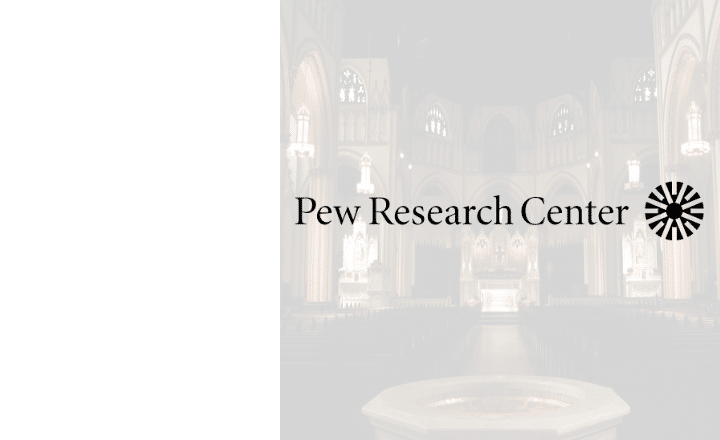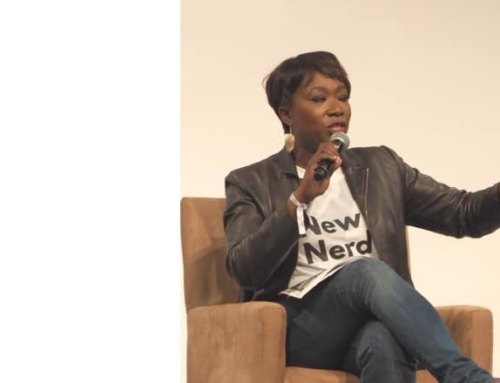A recent Pew Research Center survey of Catholics concluded that they want the Catholic Church to be “more inclusive.” But do they?
No sooner are we told that “Most U.S. Catholics Say They Want the Church to be ‘More Inclusive’” when we learn how seriously qualified that conclusion is. What matters is whether Catholics are practicing or not.
Before going any further, it is legitimate to ask the obvious: If Catholics do not practice their religion, can they really be counted in a poll on Catholics? Are vegetarians really vegetarians if they say they are, but readily admit to enjoying hot dogs and hamburgers?
As Pew reports, practicing Catholics and non-practicing Catholics have little in common. The former are much more accepting of Church teachings on an array of issues; the latter are not. For example, the majority of Catholics who attend Mass weekly say the Church should not allow women to become priests, and two-thirds say the Church should not recognize gay and lesbian marriages. Those who are not regular Church-goers favor both.
The Catholic League commissioned a survey of Catholics in 1995, 2015 and 2022. Above all, we were interested in learning whether Catholics wanted the Church to hold to traditional teachings, or adopt a much more relaxed stance. We found out, as did Pew, that Catholics are conflicted: when asked about specific issues, both practicing and non-practicing Catholics tend to adopt a more liberal position. However, when asked about the advisability of abandoning traditional teachings for a more inclusive interpretation, they balk.
In the Pew survey published this spring, it found that 53 percent of U.S. Catholics who attend Mass weekly say the Church should stick to its traditional teachings, even if that means it gets smaller. This was exactly the position taken by Pope Benedict XVI. Indeed, he believed that a smaller Church was a better Church. Commenting on this observation, Pope Francis called Benedict a “prophet” for predicting the Church would become a smaller, but more faithful, institution.
This vision of a smaller but better Church flies in the face of a “more inclusive” Church.
In 1995, the Catholic League survey reported that 33.8 percent of Catholics (both practicing and non-practicing) said the Church should “conform to modern day opinion of its members,” but 51.8 percent said it should “stick to founding principles and beliefs.” Practicing Catholics were the most supportive of the latter position.
In 2015, the same question was asked, and the results were similar: 52 percent said the Church should not change and 38 percent disagreed. In 2022, 56 percent said it is better to “stick to principles and beliefs” and 33 percent said it would be better to “conform to modern-day opinions.”
This shows a consistency that is as striking as it is encouraging. Despite the strong secular bent of the dominant culture, most Catholics—especially those who regularly attend Mass—do not want to belong to a Church that “goes with the flow.”
This contradicts the conventional narrative about Catholics wanting more “inclusivity.” It also contradicts the notion that the Church needs to be more “relevant.” In fact, the more “relevant” any religion is today, the more irrelevant it is in the eyes of its adherents—they are losing members the fastest. Meanwhile, orthodox strains within every religion are doing the best.
Why does it matter so much to survey houses like Pew that they keep on polling Catholics to see if they reject the Church’s teachings, especially on women and sexuality? Because it provides ammo for those who are pressing the hierarchy about the need to change and get with the times.
This smacks more of a political agenda than a scientific enterprise. The latest Pew survey proves it.
It sampled 1787 Catholics, 531 of whom attend Mass weekly or more often. Of the 1254 who attend Mass less often, most of them—1088—attend yearly or less often [note: adding the numbers results in 1785]. Imagine a survey of vegetarians, the vast majority of whom admit to liking franks and burgers! Would we not expect that most of them think it’s time to lighten up? Moreover, Pew interviewed far more women (999) than men (784). This matters because women Catholics are much more liberal than men.
The Catholic Church is not a democracy, nor does it aspire to being one. Ergo, attempts to judge it by democratic indices are meaningless, if not absurd. The Church is engaged in the pursuit of truth, and as such it is not amenable to popular opinion.










